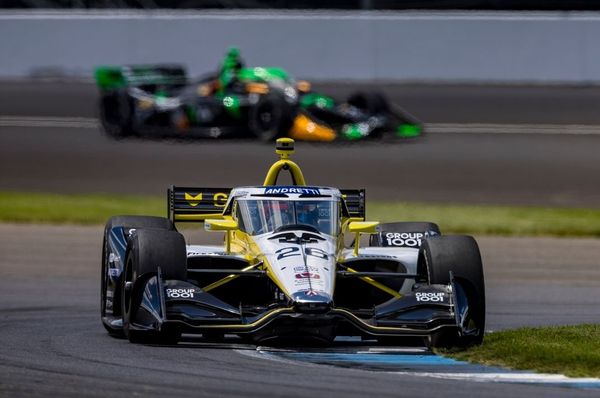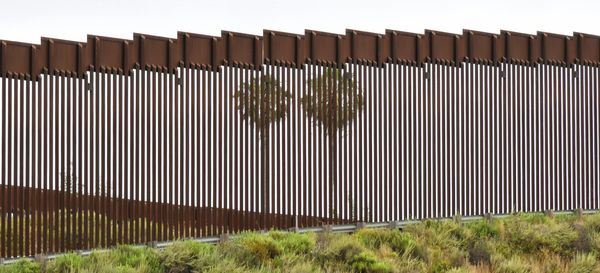
If Labor is to be believed, only government intervention and spending billions of taxpayer dollars will enable Australia to “compete” in the new global protectionism race to build local manufacturing. But what if Australia was already competing effectively in manufacturing?
There’s iron ore magnate Twiggy Forrest’s push into green hydrogen and renewables, worth $1.14 billion (US$750 million), here and in the United States. But there are also four lithium hydroxide refineries either being built or planned: two by Albemarle, which is building two new trains at its existing Kemerton facility in Western Australia; one by IGO, which with Albemarle will use ore from the huge Greenbushes mine near Esperance; and a Wesfarmers-SQM project at Kwinana.
Lithium hydroxide, currently used in automotive manufacturing, is increasingly important in lithium battery manufacturing. There is also a lithium phosphate trial plant being built in the Pilbara by Pilbara Minerals — lithium phosphate is another key battery ingredient.
There are also two major and one smaller rare-earths processing plants built or being built, plus a couple more planned, including one near Dubbo in NSW.
BHP has major plans for copper and uranium in South Australia too. It already has the huge Olympic Dam copper, gold, uranium and silver mine, where there are massive new deposits under the existing orebody, plus a smaller version of Olympic Dam at Oak Dam, just 65kms to the southeast. BHP also has two big copper mines it acquired in the takeover of OZ Minerals and a nickel-copper mine it is developing on the WA-SA border.
BHP has a copper smelter at Olympic Dam and has started upgrading concentrates from the OZ Minerals sites into smelted metal (it then has to be refined into actual metal). That has a capacity of 500,000 tonnes a year, but there is talk BHP will upgrade that with a two-stage smelter that would produce around 1.7 million tonnes a year. That will also need an upgrade to the company’s electro-refinery at Olympic Dam, which will become one of the biggest manufacturing centres in the country by the early 2030s.
These expensive and high-tech production processes are crucial to the export of battery-grade materials. It makes more sense to invest in these processes — which companies already are because it’s profitable — than trying to build batteries more expensively here from scratch.
That’s especially the case with Labor’s pipe dream of manufacturing electric vehicle (EV) batteries here, which defies the most basic transport logic. Currently EVs are manufactured with the battery slid into the chassis after basic assembly, before fitout of the vehicle. Who’s going to manufacture battery-less EVs and then ship them to Australia to have an Australian-made battery inserted (and how do you get them off the ship when they arrive?).
Australia has an enormous comparative advantage in producing battery-grade materials, given we have the bulk of the raw minerals and the renewable energy supply and skilled workforce to refine them, and the transport links to ship them to battery manufacturers. Where we don’t have any comparative advantage is in manufacturing the batteries themselves, given the Chinese are the world’s top battery manufacturers (the South Koreans are the second-biggest EV battery manufacturers after China) and have massive scale on their side.
Underlying Labor’s policies is the belief that if we produce the raw materials, we should control the entire supply chain and produce the finished product, otherwise someone else is just getting all the benefit. It’s a widely held but bizarre belief that ignores the benefits of comparative advantage for everyone, and which assumes that if we engage in protectionism, other countries won’t do exactly the same. It’s also far more expensive for taxpayers, especially when large corporations are prepared to make crucial investments themselves.







